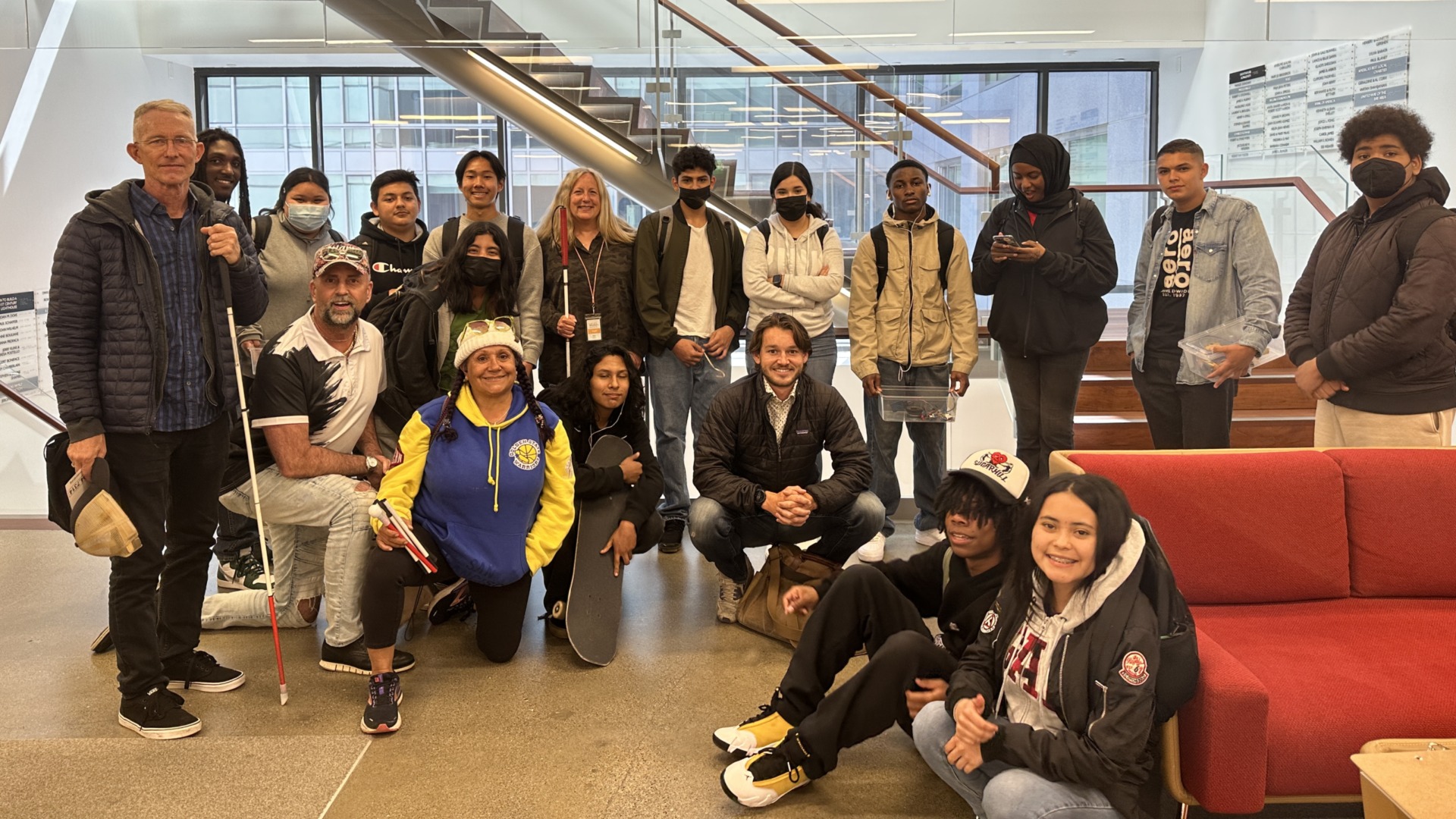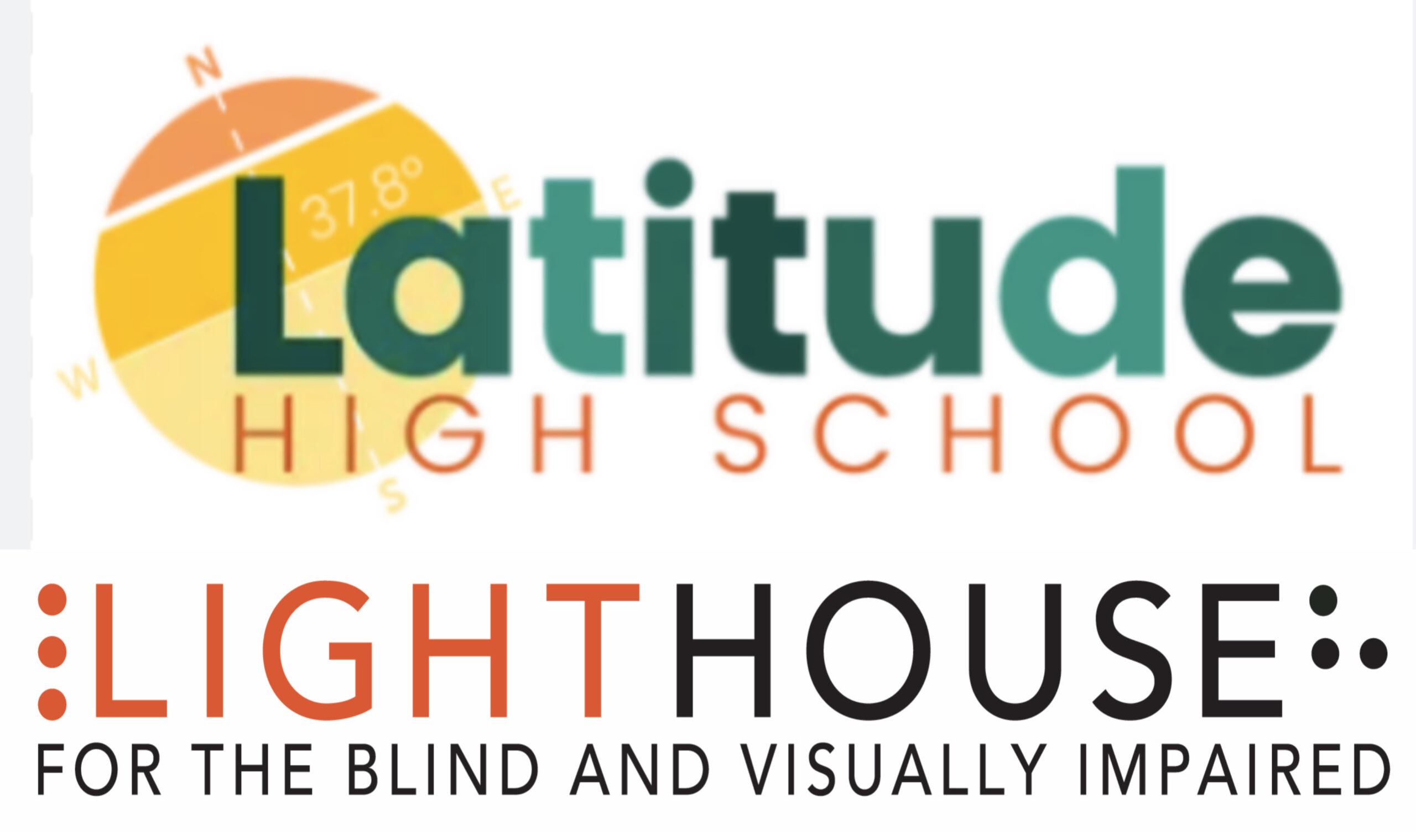Help Latitude High Schools Students Problem-Solve in Online Focus Group, December 5
Last year, LightHouse welcomed Computer Science and Design students from Latitude High School in Oakland, who came to demo their prototypes of products to help people who are...

